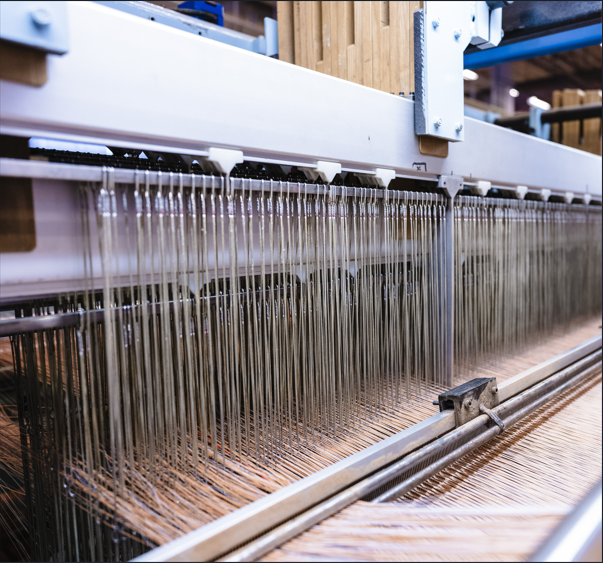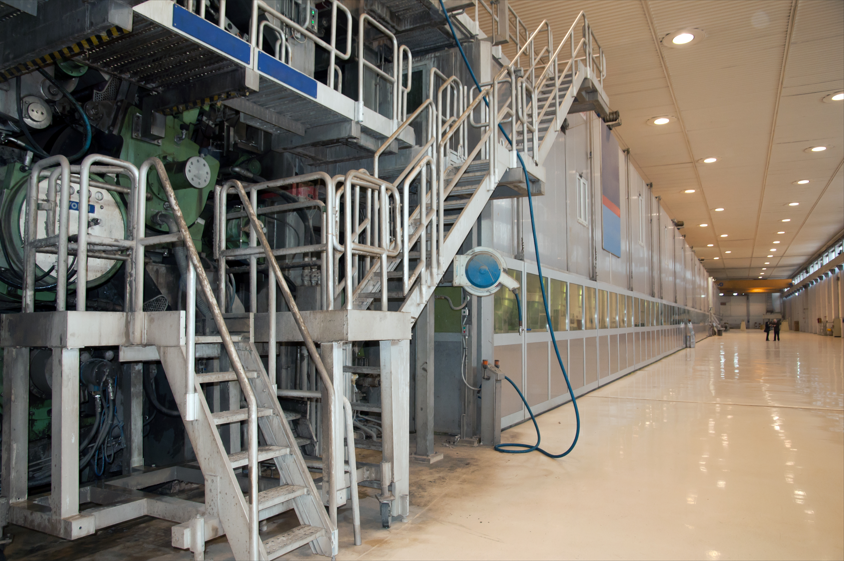Lorem ipsum dolor sit amet consectetur
Fiber Structures
Fibrous materials with specific absorption and permeability properties are commonly used in products to control how liquids are transported and retained. Their performance depends on the internal microstructure and fiber geometry. To analyse fluid flow and material performance, high-resolution imaging is essential. X-ray microtomography is a widely used method that provides 3D data of the fibre structure at micrometer to millimeter scale. The image data can be segmented to create a binary structure for simulating fluid behaviour and other properties.

Virtual Fiber Models for Efficient Analysis
To reduce the cost and time of physical testing when studying the relationship between structure and properties, we have developed a parametric virtual fibre model based on segmented image data (Townshend et al., 2021). To ensure consistency between the real and virtual structures several spatial measures, together with Lattice Boltzmann simulations, are used. These models replicate real structures and allow for accurate simulation of properties like fluid permeability.
Computational Design of Porous Materials
We also explore high-throughput computational screening as a design strategy for heterogeneous, isotropic fibre materials. Using a multi-scale Lattice Boltzmann framework, we systematically study how structural heterogeneity affects fluid permeability, a key property in the design of soft, porous materials (Röding et al., 2016). Our findings show that the distribution of solid volume and domain fractions are key factors in determining macroscopic permeability, and that heterogeneous structures can significantly outperform homogeneous counterparts.
By integrating advanced imaging, virtual fiber modeling, and high-throughput computational screening, we pave the way for more efficient and precise design of porous materials with tailored properties.
Byt ut bild

“Citat?”
Want to know more?
Please reach out to one of our experts in the field

